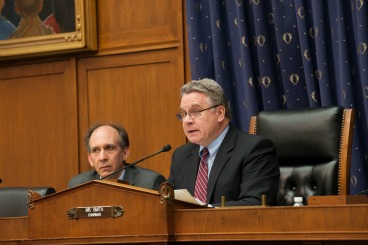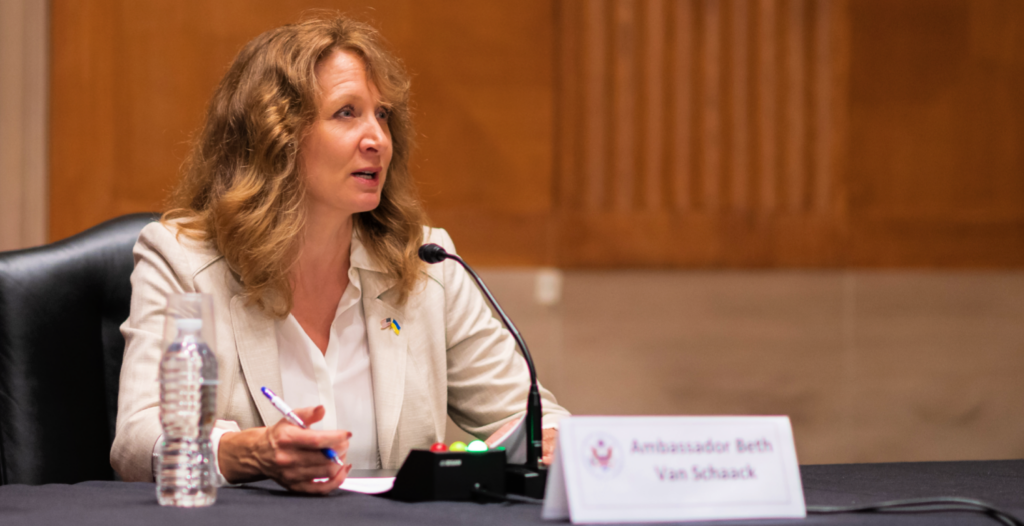Mr. Speaker, a decade ago we began witnesses to genocide in Europe. By stirring up nationalism, harassing opposition and intimidating the population as a whole to go along with his plans, the regime of Slobodan Milosevic led Serbia into a war of aggression against its neighbors within the former Yugoslavia. Millions were displaced, hundreds of thousands killed and tens of thousands raped or tortured, particularly in Bosnia-Herzegovina. In response, largely at the urging of the U.S. Congress, sanctions were put into place and, ultimately, military intervention was employed to stop Milosevic.
In 2000, the voters of Serbia removed Milosevic from power. In place of his regime, an opposition consisting of genuine reformers and true democrats along with a fair share of Serbian nationalists took control of government. Since that time, the ruling opposition fell into polarized camps, making recovery and reform difficult. This situation also created a challenge in U.S. foreign policy. On the one hand, the United States wants to encourage Belgrade and facilitate reform. On the other, the United States must ensure that the legacy of Slobodan Milosevic has been fully shed, a prerequisite for recovery throughout southeastern Europe.
The Miscellaneous Tariff Bill, H.R. 1047, considered yesterday contains a provision granting the President the authority to restore normalized trade relations for Serbia and Montenegro. I support this provision; normalized trade relations should be restored. Whatever problems might remain, the fact is that there has been progress since Milosevic was removed from power, and Serbia and Montenegro should not be placed on the same list of states not granted normalized trade relations as Cuba, North Korea or Laos. Other countries with far worse records, including Belarus and the Central Asian states, at least receive the benefits of normalized trade relations on a conditional basis which Serbia and Montenegro is denied.
By fixing this, I hope Belgrade recognizes that we want reforms to succeed and recovery and reform take place. Belgrade also needs to know, Mr. Speaker, that restoring NTR does not mean satisfaction with Belgrade’s performance to date. While there has been progress, that progress has been too slow, and some issues remain unresolved. Chief among these issues is Belgrade continued resistance to full cooperation with the International Criminal Tribunal for the Former Yugoslavia, located in The Hague. It is especially outrageous that persons responsible for the crimes committed at Vukovar and Srebrenica continue to be at large and perhaps even protected by Yugoslav or Serbian authorities.
While trade relations may not be conditioned on further progress, U.S. bilateral assistance to Serbia is. If there is not a major improvement in Belgrade’s cooperation with The Hague by June 15, assistance to Serbia will stop. The Administration must certify progress before assistance continues past that date, and the State Department has made clear that a precondition for certification is the apprehension and transfer of Ratko Mladic, indicted for the massacre of thousands at Srebrenica, and Veselin Sljivancanin and Miroslav Radic, indicted for their role in the massacre of about 200 individuals taken from a hospital in Vukovar, Croatia.
As co-chairman of the Helsinki Commission, I urge Belgrade not only to meet their international obligations relating to ICTY not just to the point of obtaining certification for another year. Cooperation should be full. Only then can the conditionality on assistance be removed for good.






